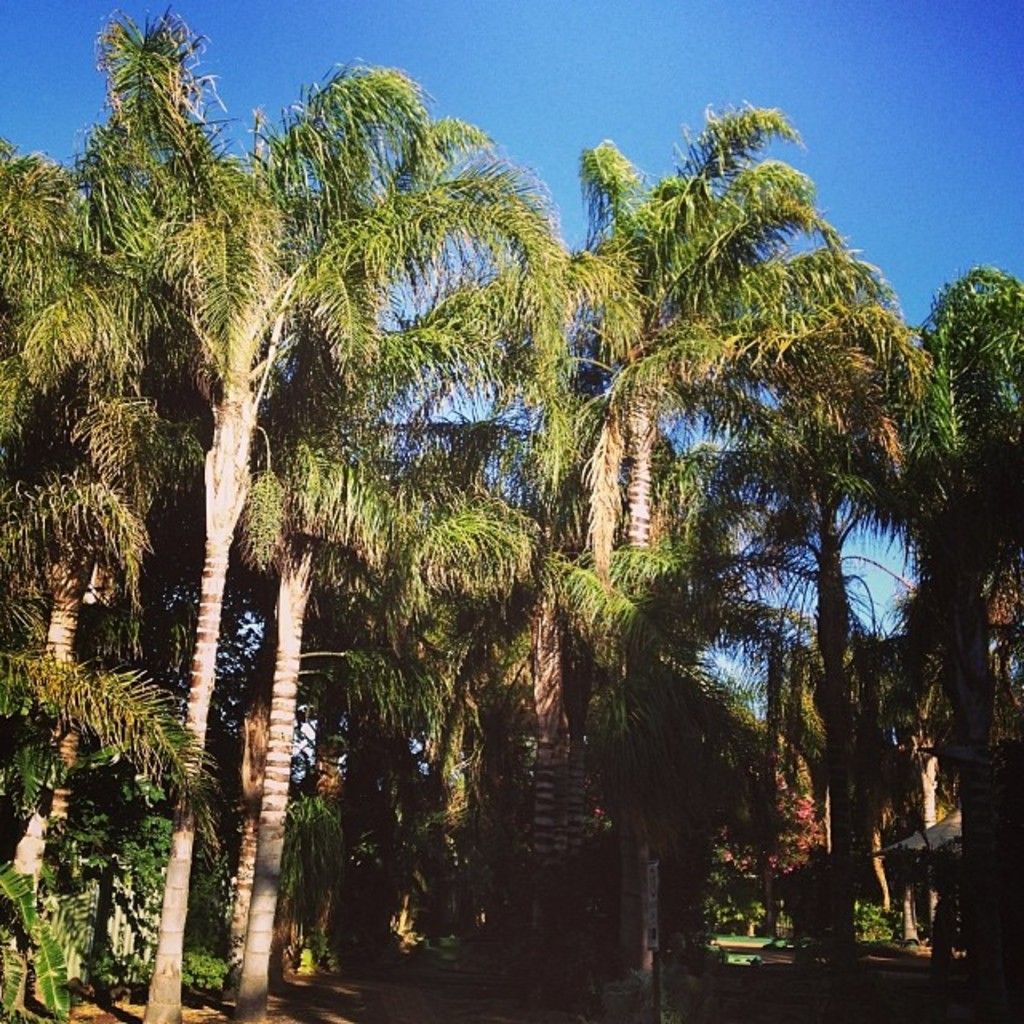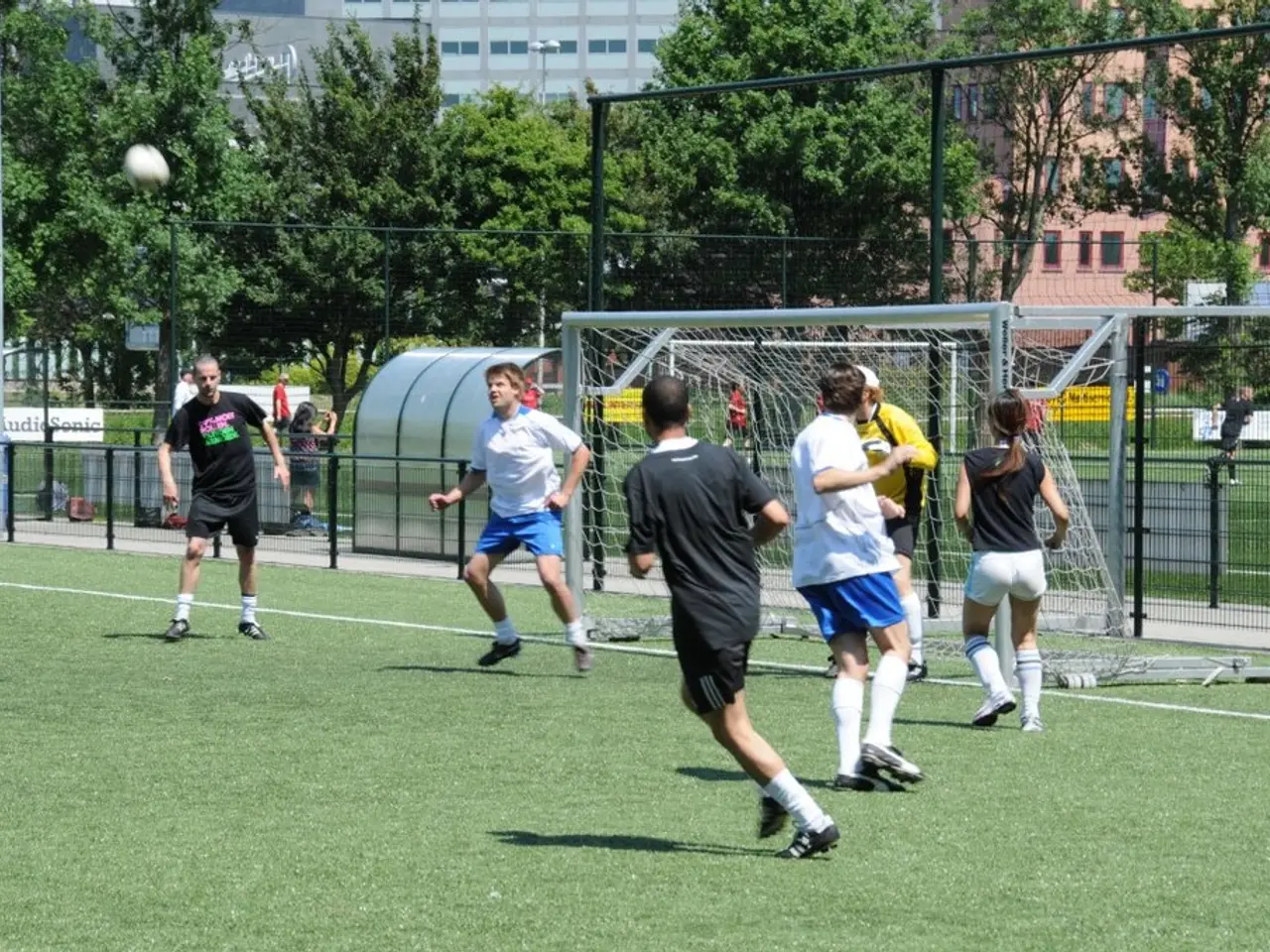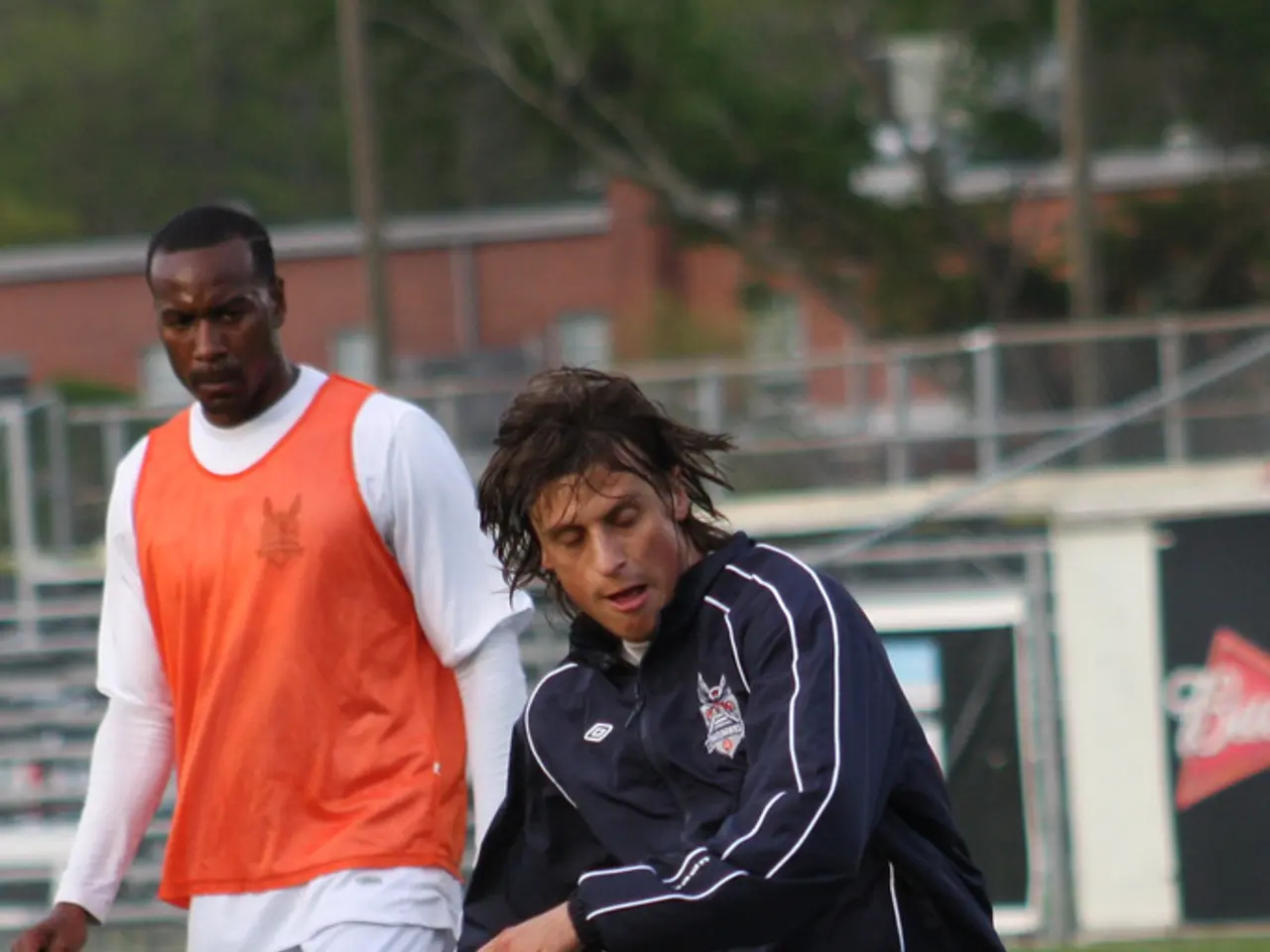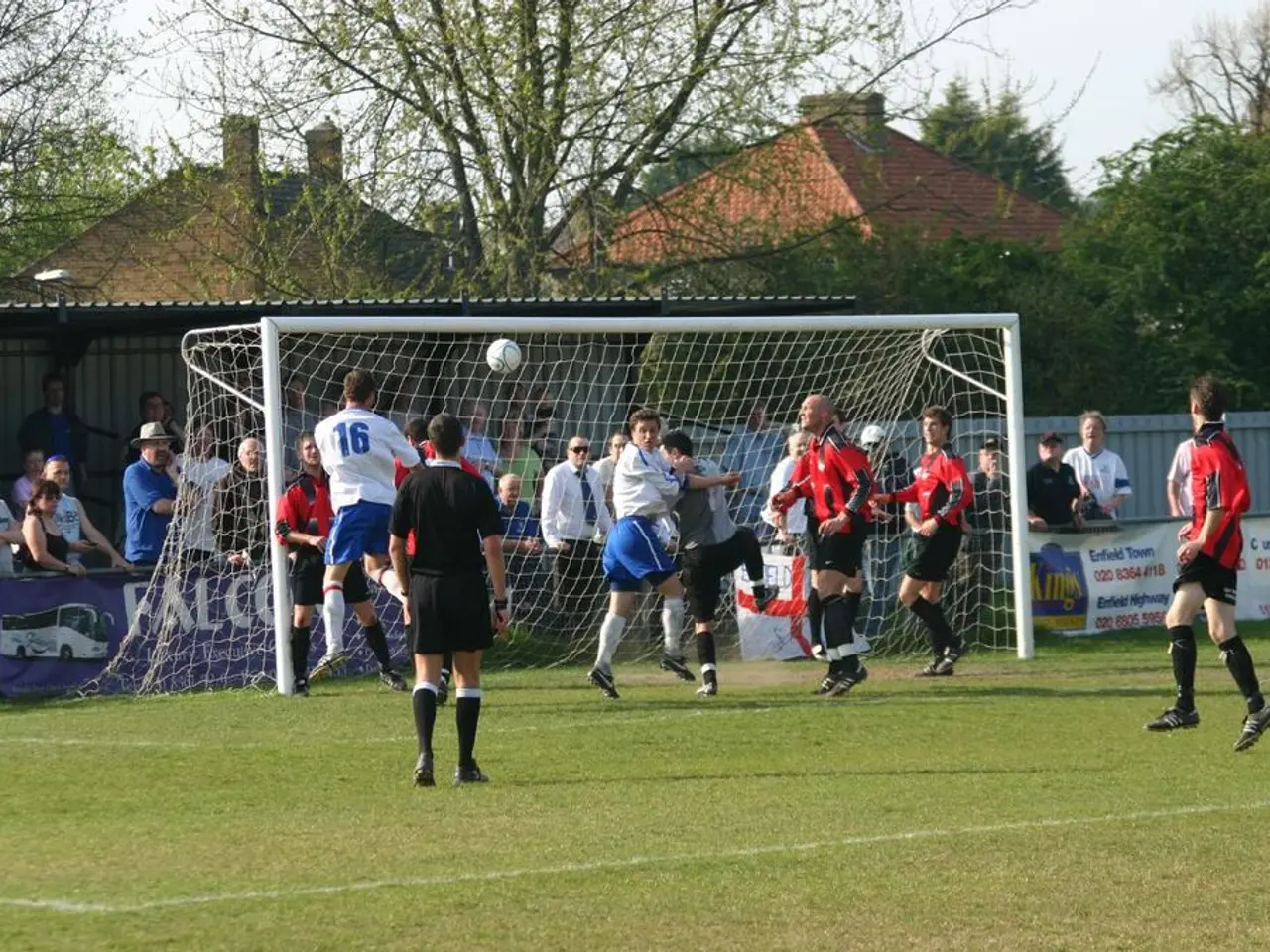Mining Operations in Canada Backed by Firearms and Whips
A Tale of Defiance: The Fight Against Atico Mining in La Plata, Ecuador
By Brandi Morin (Cree/Iroquois), Photos by Ian Willms
Cloaked in the fog of Las Pampas, Juan Carlos Carvajal Silva, the seemingly untouchable president of the "Defenders of Water and Life" collective, perches on a weathered log near the virgin hilltop church. Roosters crow distant alarms as he passionately gestures, his dark hair meticulously combed back, his impeccable attire incongruously out of place amidst the quaint village he vows to protect. With a dozen criminal charges and a shoot-to-kill bounty on his head, his infectious laughter punctuates a tale of resistance.
"If defending this land is considered terrorism, if leading my community in defiance of a foreign extractive corporation is deemed terrorism - I am proud to stand accused," he declares firmly, radiating conviction. At 38, Silva spearheads the 1,800-strong community in their battle against the impending La Plata project backed by Vancouver-based Atico Mining.
Silva's battle rages against a series of planned mines slated to disrupt the idyllic landscapes of Cotopaxi province, northern Ecuador. Aiming to extort copper, gold, silver, and zinc from Ecuador's subsoil, the La Plata project promises a golden ticket of prosperity. Yet, the Canadian corporation's questionable practices have sparked mounting concerns about environmental degradation and human rights violations in one of the world's most biodiverse regions.
Ecuador's newly established trade agreement with Canada (February 2022) has sparked controversy, with the country's conservative government arguing it will foster local job growth and demand the highest labor and environmental standards from both nations. However, the cruel irony of the Atico project places these lofty aspirations in doubt.
The value of the La Plata project lies in its presumed wealth - $91 million, to be exact. The endeavor pledges to excavate 850 tons of rock daily, equivalent to a staggering 425 cars, over an eight-year period. Although Atico Mining has surveyed merely 1.6% of its concessions, insinuating potential expansion, local residents continue to mobilize against the operation. The Ecuadorian government and military have responded swiftly and mercilessly, stamping out dissent with violence.
Fear and division now haunt neighboring communities, once bound by their shared agricultural roots. Now, farmers stand eye-to-eye with suspicion, and harvest celebrations teeter on the edge of confrontation.
A towering, white-painted wooden cross guards the hillside village, serving as a symbol of faith watching over the valley where simple lifestyles cohabitate with modern mining methods. On a nearby sugarcane farm, Silva - impeccably attired even amidst the horse-drawn processing plant - labors harmoniously alongside his kin, deftly sifting dry stalks and feeding waste into the furnace beneath the boiling panela vats.
"This is our life's blood. This is our gold, as the saying goes," he explains, wiping sweat from his brow in Spanish. "The budding product inside there has sustained us, has provided us with daily life - clothing, food, medicine - everything."
These words echo the unwavering pride and determination of Las Pampas - a farming community where age-old wisdom and modern defiance coexist. But this tradition falters under the shadow of the La Plata project, which looms just 15 kilometers away.
Las Pampas awakens with the first light of dawn. Restaurants sizzle as chefs prepare for another day, children squeal in uniformed laughter, mules burdened with goods tread the cobblestone streets, and whispered gossip echoes at every stop. Despite the hour, the village pulsates with life - a thriving, united community where every neighbor is family. Carvajal Silva's bond with this land was forged in his childhood, growing up poor but happy on a family farm in Las Pampas.
"Growing up in this rural beauty meant knowing every tree, playing with them, finding solace in nature," he recalls, his voice wistful. "What truly defines me is my ability to protect a tree, to recognize the tree that was once small enough to play in, and now stands tall, casting shade over me."
That profound bond stretches to the rivers that nourish the region.
"To gaze upon a river and say to it: I was a child and feared you, but now you are my closest friend, my sustenance, my life - how could I not cherish a river? It has molded the course of my life and remains steadfast in its place, a testament to constancy."
However, this peaceful existence exists in a fragile state, constantly threatened by the impending La Plata project. Since 2017, the community has stalled the project's progress through peaceful resistance. In response, the government's response has proven predictable: criminalization, intimidation, and force. Over 100 community members - simple farmers and families - now face charges of terrorism and organized crime for resisting the exploitation of their sacred land.
Labeled as Terrorists and Organized Criminals
"The government is guilty of systematically suppressing our right to protest," Carvajal Silva explains.
"They are criminalizing everyday folks who lack the means to access justice, who cannot organize due to financial constraints, and who also lack transportation to travel long distances. The strategy is to wear us down, to create personal and economic burdens. It is designed to break our spirits."
In March 2021, the threats began to bear fruit for Carvajal Silva. He was kidnapped at gunpoint while en route to a neighboring community.
"They surrounded us, pointed guns at us, forced us out of our vehicle, and threw us into the trunk for a frightening, surreal ride," he recalls. "To feel a barrel against my temple, to be threatened with death, was soul-crushing. I surrendered, staring into the abyss, knowing that my time had come."
Miraculously, he survived the ordeal, but his tormentors did not cease. They continued to threaten and coerce, offering him a ministerial position in exchange for his silence. He refused, rejecting the proposed bribe.
"My dignity, my honor, and my obligation to my people - they all meant more to me than any material prize," he declares.
When bribes failed, threats followed. "We're coming for you. Death awaits you," they whispered, warning of detention at the infamous Roca prison. The government's latest tool in their arsenal is Decree 754, which accelerates environmental consultations for mining projects at the expense of local communities.
While Ecuador's highest court deemed Decree 754 unconstitutional at the end of 2023, it permitted the decree to remain in effect until new laws were implemented, creating a legal grey zone that endangers both local communities and government projects.
Then, in March 2024, tensions reached a boiling point. After failed attempts to rush consultations in 2023, heavily armed military and police forces descended upon Palo Quemado and Las Pampas like an invading army. Over 1,000 troops transformed peaceful agricultural communities into war zones, leaving several community members severely injured and scarred by bullets and tear gas. Among the victims, a 40-year-old farmer and father, now disfigured and disabled, can no longer work, provide for his family, or overcome the lingering trauma of that fateful day.
'They don't want me to speak'
In Masapanta's rented courtyard, clothes hang on the line, and chickens scratch in the dirt. He resides here in a wheelchair, disfigured on the right side of his face, his jaw held together by a metal chain. His faithful companion, parrot Chou, perches by his side, offering unwavering companionship in his darkest moments. Every word is a struggle now, his speech slurred by the injuries he sustained during the environmental consultation protests in March.
"I was raised here, and when I had the means, I dedicated myself to agriculture, providing for my family through hard work," Masapanta says softly, his voice tinged with a serene resilience. Prior to the army's attack, he tended to cattle, harvested naranjilla fruit, and processed sugar cane for panela. Now, even walking is a laborious chore for him.
The day that changed everything unfolded like so many others in this resistance. "We went to the environmental consultation protest with a group of friends," he recalls. "When we arrived, the army was waiting for us."
What followed repeats in his scattered memory: "The soldier pointed to me and fired a shot that shattered my face. I fell back and was unconscious."
He spent nearly three months in a coma. When he awakened and recognized his family, the doctors told him it was a miracle he survived. He claims he was shot intentionally, but the government and Atico Mining have denied any wrongdoing. Masapanta now faces mounting medical bills for urgent surgery to repair his shattered jaw, for which he has yet to raise the needed $100,000.
In the courtyard, his aged father, Marcelo Robayo, cradles his granddaughter, whose cheeks are framed by her pink hat and lush black curls. The joy of the moment is tempered by Masapanta's pain, and tears stream down his rugged, sun-weathered face, his calloused hands evidence of a lifetime of toil on the land.
"My son was self-reliant and supported our family," he says between sobs. "I taught him to work hard and to always strive to be honest. He wasn't fighting with anyone; he was a good man."
The family fights on, barely scraping by, with Masapanta's parents helping out when they can. Farming provides precious income, but it is not enough to meet their needs.
"There are days we eat, and there are days we don't eat," says Robayo.
When Masapanta was hospitalized in Quito, his parents traveled almost penniless, sometimes spending an entire day with only one meal. Masapanta remains silent about his ordeal, fearful of the consequences if he speaks the truth.
"They don't want me to speak, to share my story, to offer my perspective," he says. "They say I fell, that it was an accident. I know the truth, and I will fight to expose it."
His sister, also accused of terrorism and organized crime for protesting the mine, remains defiant. "We are farmers defending water and life," she declares. "We want our voices to be heard. Please stop this, for the sake of our community, our land, and our well-being."
Masapanta, once a strong, self-reliant farmer, now struggles to survive each day. But his indomitable spirit remains unbroken. "We seek peace as all human beings, a chance to live our lives without fear or violence. It's all I ask."
As the sun sets, his father cradles the granddaughter he scarcely knew before the shooting. His weary voice conveys both pride and heartache: "We are humble, hardworking folks. I'm not afraid. What I ask is that they do not return. I appeal from the depths of my heart: leave us in peace."
In another day, in neighboring Palo Quemado, the scene remains tense as yet another government-sanctioned environmental consultation process unfolds. Unlike what one might expect, the building is ringed by uniformed police officers, armed and on high alert.
Carvajal Silva, immaculate in his pristine white shirt, black jacket, and jeans adorned with shiny silver buttons, watches through the tinted windows of a nearby truck.
"I remained in the vehicle initially, for my safety," she murmurs, her eyes fixed on the plainclothes officers eyeing her with suspicion.
"Those two people, always circling the car - they are private agents hired by the mining company to pursue me, alongside the police, due to the claims against me for rallying the people."
Her voice remains steady, but her tension is palpable. "I feel threatened coming here. I am constantly on guard, for there are already many who have placed a price on my head. Coming here is like walking into a trap."
In December 2024, indigenous journalist Brandi Morin and photojournalist Ian Willms visited Ecuador on the cusp of a new free trade agreement with Canada to shed light on the escalating conflict between the Shuar people and a Canadian mining giant.
This is the third installment of a four-part series. To read the first part and the second part, find them here, and stay tuned for the conclusion.
Sources:[1] Amnesty International USA. "Ecuador: Atico's La Plata mine puts Ecuadorian villagers at risk" (2018).[2] Human Rights Watch. "Ecuador: Environmental Activists Criminalized" (2020).[3] MiningWatch Canada. "Ecuador: Call for a comprehensive review of the environmental and human rights impacts of Canadian mining companies" (2021).[4] Right to Know. "Ecuador: Communities and environmental organisations call for an end to Decree 754 and the corruption driving mining projects" (2023).[5] International Rescue Committee. "Ecuador: Indigenous women in the line of fire" (2024).
- The La Plata project, backed by Vancouver-based Atico Mining, has caused a stir in environmental circles due to concerns over environmental degradation and human rights violations, as it promises to mine copper, gold, silver, and zinc from Ecuador's subsoil.
- Politics and general news outlets have been following the impact of Canada's trade agreement with Ecuador, established in February 2022, with some voicing worries that lofty aspirations of fostering local job growth and demanding high labor and environmental standards may fall short in the face of projects like La Plata.
- Crimes and justice sections have been closely watching the story of Juan Carlos Carvajal Silva, the leader of the "Defenders of Water and Life" collective in La Plata, Ecuador, who has faced multiple criminal charges and a shoot-to-kill bounty on his head for his role in the community's resistance against Atico Mining.
- Environmental science and climate-change discussions have highlighted the risks of La Plata, particularly in one of the world's most biodiverse regions, with the potential for extensive environmental damage if the mining project proceeds unchecked.








